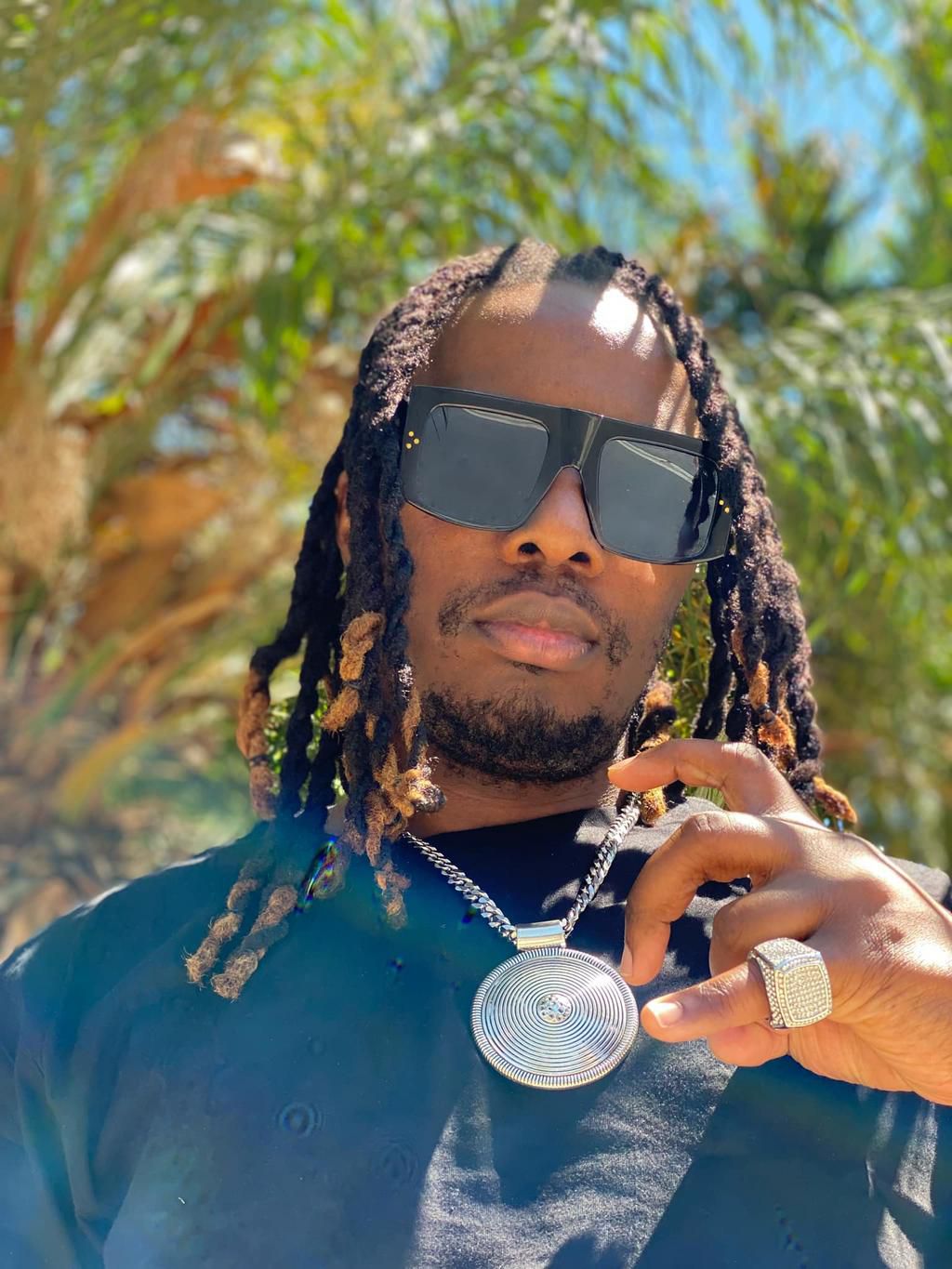Rapper GNL Zamba expressed pride in his hit song Ani Yali Amanyi, particularly for how it honours the late music legend Elly Wamala.
The track from over 15 years was dropped as part of his Koyi Koyi album.
It gained immediate attention for its use of Wamala's voice in the chorus, a technique that was almost unheard of in Uganda at the time.
Wamala would be proud
In a podcast, Zamba reflected on the significance of sampling Wamala’s iconic voice at the time, saying, "I did this before AI and these technologies that allow you to use the voices of people who have passed away."
He believes that his song is one of the first Ugandan hits to sample the voice of a music legend and deliver it in such a way that Wamala himself would have been impressed.
"I think this was one of the first Ugandan songs to sample a legend and really deliver at the level where the legend themselves would be impressed," Zamba added.
In the song's outro, Zamba states, “Who knew that technology would come that would allow me to record a song with a legend?”

He also gave credit to Ethan, the producer behind the beat, calling it a fitting tribute to Wamala’s legacy.
The rise of music sampling
Sampling, which involves reusing portions of old songs, has become a prominent technique in contemporary music.
It allows younger generations to reconnect with the sounds and sentiments of past eras, blending the old with the new.
Artists worldwide have increasingly used this method to pay homage to musical icons, bridging the gap between generations and ensuring that classic hits continue to inspire.
This practice, particularly prevalent in genres like hip-hop and electronic music, has sparked both admiration and controversy.
Sampling also offers space for for creative reinvention. By manipulating and recontextualizing sampled material, artists can breathe new life into familiar sounds.
However, while sampling has undoubtedly enriched the musical landscape, it also raises important questions about copyright, originality, and the ethics of creative appropriation.
)
)
)
)
)
)
)
)